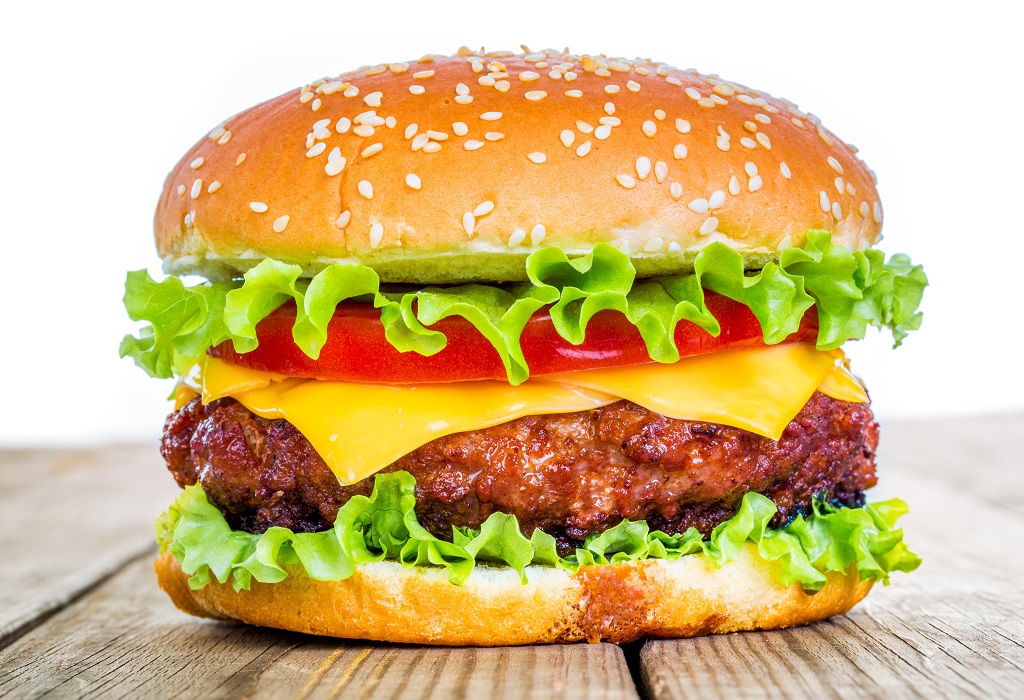Scots are being encouraged to get wise to the full climate cost of wasted food this Climate Week – and it’s not just what actually ends up in the bin.
Environmental experts at Zero Waste Scotland say the true cost to the planet of Scotland’s wasted food more than doubles when emissions from growing, processing and cooking it are taken into account.
When food waste ends up in landfill it produces methane, a greenhouse gas. But food also contributes to Scotland’s carbon emissions before it is even ready to be eaten – when the energy and water used to grow, transport and package it for sale is added to its footprint.
In fact, these production impacts accounted for more than half (58%) of the total impact of household food waste in Scotland in 2018.
Iain Gulland, chief executive, Zero Waste Scotland, said: ‘Food waste has the greatest carbon impact of all household waste, accounting for around a third (33%).
‘Recycling rates for food waste remain steady, but in order to limit our contribution to the global Climate Crisis it’s really important that we reduce how much food waste we produce in the first place – recycling avoidable food waste as a last resort.’

To illustrate the scale of the problem, take an average cheeseburger:
A cheeseburger has a carbon footprint of around 10kg CO2eq. That’s 30 times higher than its weight.
98% of a cheeseburger’s total carbon impact comes from its production. Its waste impact accounts for just 2%.
Of its constituent ingredients, the beef patty accounts for 91.5% of a cheeseburger’s carbon impacts. The cheese accounts for 3%, tomato for 2%, butter for 1.2%, bread for 1.1%, onion for 1% and lettuce for 0.2%.
Scottish households throw away 2,900 tonnes of beef each year. That’s the equivalent weight of 26 million burgers.
Iain continued: ‘While only an example, looking at an average cheeseburger really demonstrates just how large the total carbon impacts of our food can be – regardless of how big or small the meal.
‘Climate Week represents a fantastic opportunity to get people thinking about the real cost of our consumption on the environment, and to call on Scots to get smarter when it comes to food waste.’
Zero Waste Scotland’s Love Food Hate Waste campaign exists to help Scots make the most of the food they love. Easy tips for reducing food waste at home include:
- Checking cupboards and making a shopping list to ensure you buy only what you need, and don’t double up on ingredients you already have.
- Making good use of the freezer: most food can be frozen in an airtight bag or container, right up to the use-by date.
- Knowing your date labels: ‘use by’ is the only date label which relates to food safety. Best before is an indication of quality only.
- Using up leftovers: there are dozens of recipes available on the Love Food Hate Waste website, https://scotland.lovefoodhatewaste.com, to help householders use up ingredients and turn leftovers into tasty new meals.
- Click HERE to read more wildlife, environment and conservation news from Scottish Field
TAGS

